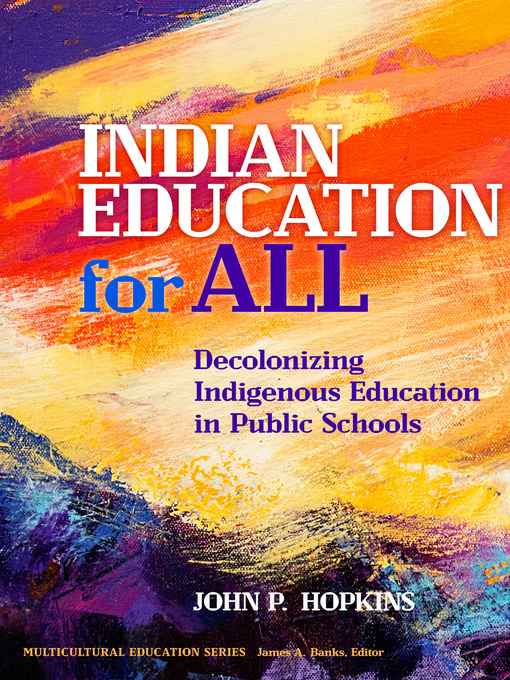John P. Hopkins critiques recent efforts to reform Indigenous education in public schools. He centers his critique on Montana State's innovative and bold multicultural education policy called Indian Education for All (IEFA), and demonstrates why Indigenous education reforms must decolonize the curriculum and pedagogy to address the academic inequalities facing Native students. Using tribal critical race theory and culturally sustaining and revitalizing pedagogy, Indian Education for All proposes a shift in the ways teacher candidates learn about Indigenous education and instruct Native students. It explains why teachers and schools need to privilege Indigenous knowledge and explicitly integrate decolonization concepts into teaching and learning to address the academic gaps in Native education. This book will also help non-Native educators to engage in productive and authentic conversations with tribal communities about what Indigenous education reform should entail.
"A must-read for educational justice across Indian Country."
—K. Tsianina Lomawaima, School of Social Transformation, Arizona State University
"This important, highly accessible book provides a needed shift in stance whereby anti-colonialism becomes a vital education project for all."
—Teresa L. McCarty, GF Kneller Chair in Education and Anthropology, University of California, Los Angeles
"Hopkins offers important insights into the problems of paradigms of inclusion as an approach to educational policy change."
—Megan Bang, Northwestern University
